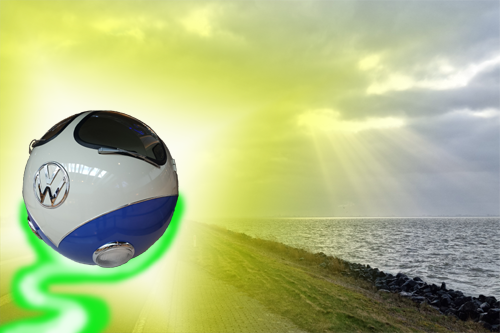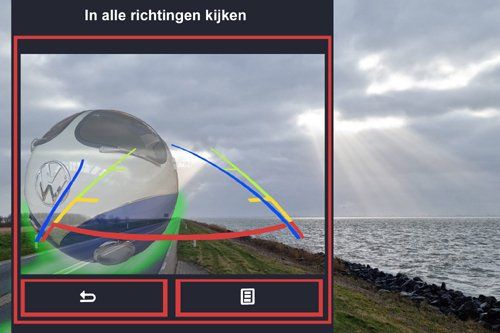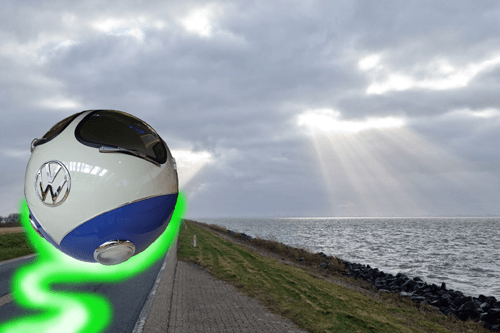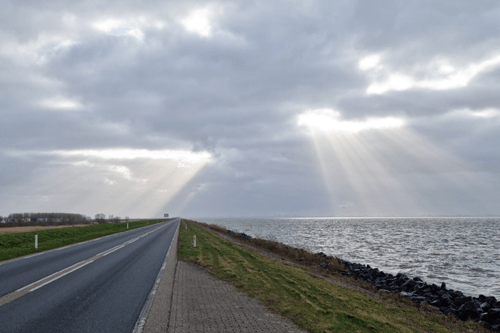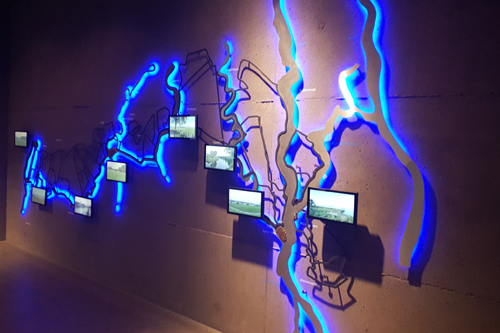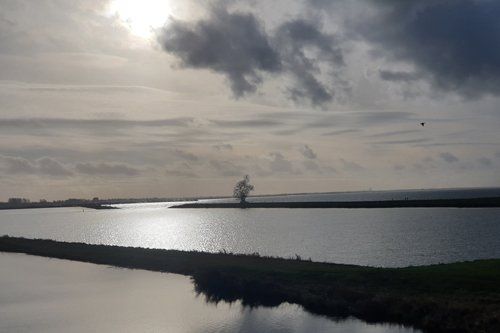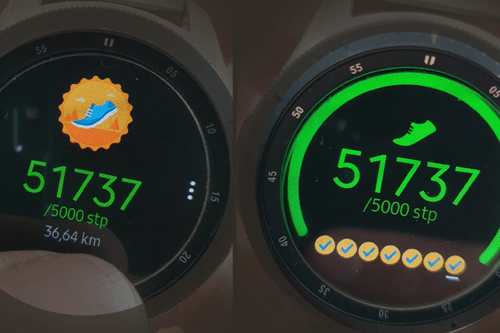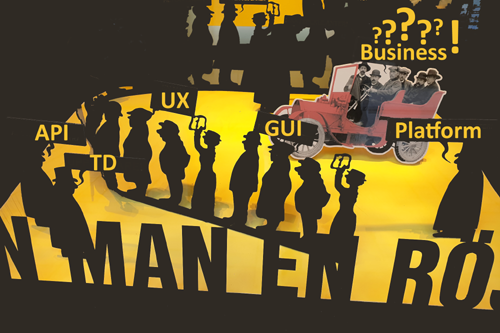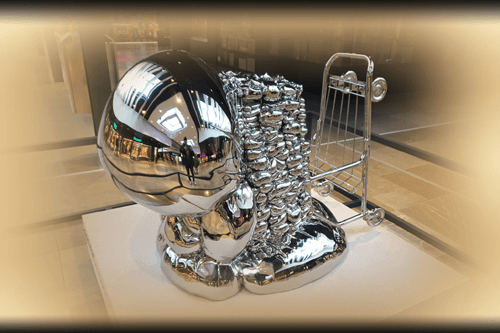Big Data Strategy (English Version)
Casper
A water sports holiday in the Dutch province of Friesland.
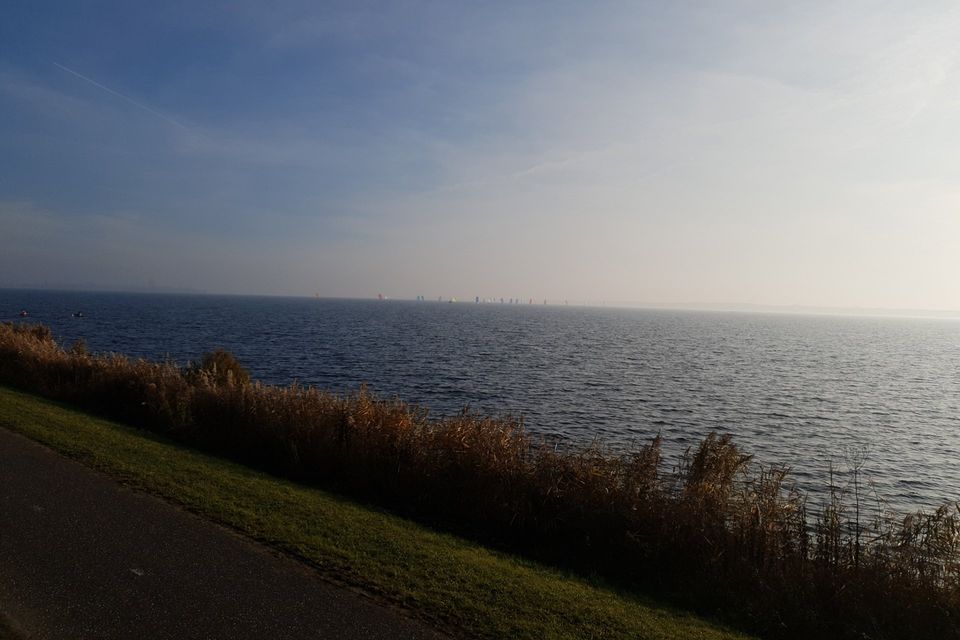
Big Data, what exactly is that? It literally means; "... A large amount of data ...". The term 'Big Data', however, has become a container concept that is used for data analysis of various, often unstructured, data collections. From this analysis come insights and trends which help organizations improve processes, products and proposition.
To explain the holistic concept of 'Big Data' and the strategy behind it more tangibly, I often use the comparison with a water sport holiday in the Dutch province of Friesland. Our beautiful province Friesland has a number of lakes. These lakes are connected to each other through rivers and canals. Differences in height are compensated with locks. If you now want to have a nice holiday, you map out the route over these different lakes. You sail from one lake to the other. Sometimes through locks, sometimes by paying tolls. During your vacation you take photos and make impressions.
If you compare the example above with a 'Big Data strategy', I think that is a good match. You can compare the lakes with data collections. Rivers and canals with the connections between the data sets. You could see locks as a form of security. The toll payment as a settlement model for data use. The photos you take during your trip can be viewed as an analysis. Everything results in impressions, comparable to insights.
What I like about the comparison that applies to both; "... The unexpected things are the more fun and exciting the experience is ...". A Big Data strategy is therefore not the description of the photos and impressions but the mapping of the trip. And of course leave room for unexpected things. I say: "Bon voyage!"
Casper.
Blog
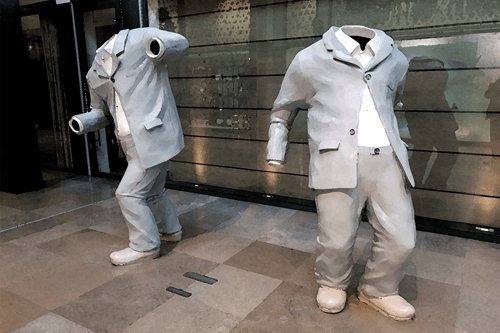
Nu er veel nagedacht wordt over Digitale Transitie rijst de vraag; “ Wat doen we met al die digitale gegevens? ” Waar vroeger de website het eindstation was zijn er anno 2020 betere oplossingen. Waarom je beperken tot een website, of mobiel? “ -- Mobile first -- ” is een veel gehoorde kreet. Ik pleit er voor dat om te bouwen naar “ -- API-first -- ” (API staat voor; Application Programming Interface). Als we de software architectuur verdelen in een voor- en achterkant en we zetten daar een laag tussen die dat allemaal verbindt. We waren immers toch al bezig met het schaalbaar maken van de backend systemen (achterkant) in het kader van de digitale transformatie (Lees ook mijn blog over Digitale Transformatie , https://www.casperotto.nl/digitale_transformatie ). Hoe mooi is het als je een API-laag creëert waarop je alles zou kunnen aansluiten: een website of een mobiele applicatie of een koppeling met een ander platform of ….. wat je maar wil. Je bent flexibel om te doen wat voor jouw bedrijf het beste is. Bijvoorbeeld voor klanten een portaal realiseren waar ze zaken zelf kunnen regelen. Of koppelen met een ander portaal van een partner bedrijf. Ongekende mogelijkheden. Van belang is wel om de digitale transformatie goed door te voeren. Als systemen op een goede manier gekoppeld zijn heb je daar veel profijt van. Belangrijke vraagstukken zul je moeten beantwoorden (onder andere); • Welke delen van de architectuur gedragen real time, welke niet? • Waar leg ik gegevensverzamelingen aan? • Waar moet ik buffers creëren om niet (te) afhankelijk te zijn van andere systemen? • Waar maak ik gebruik van API’s en waar van (micro) services? Belangrijk is om goed het evenwicht in het oog te houden. Net als met alle goede apparaten moeten de componenten in balans zijn. Alleen dan werkt het optimaal samen. Naast het technische is het ook belangrijk dat je een groep met de juiste mensen samen stelt. Met focus op techniek, business en financiën. Multi disciplinair, laat ze samen werken, stel kaders op maar zo min mogelijk doelen. Laat het team dat doen, je kunt de uitkomst toetsen aan de strategie welke je voor ogen hebt. Misschien word je wel verrast met een uitkomst die je niet voor mogelijk had gehouden. Dat geeft je als ondernemer ook een boost, nieuwe terreinen verkennen, nieuwe dingen leren en ontdekken. Iedere disruptieve gebeurtenis, hoe vervelend ook, opent de deur voor nieuwe kansen en oplossingen. Laten we er wat mee doen! Casper. https://www.casperotto.nl/ https://www.casperotto.nl/blog



